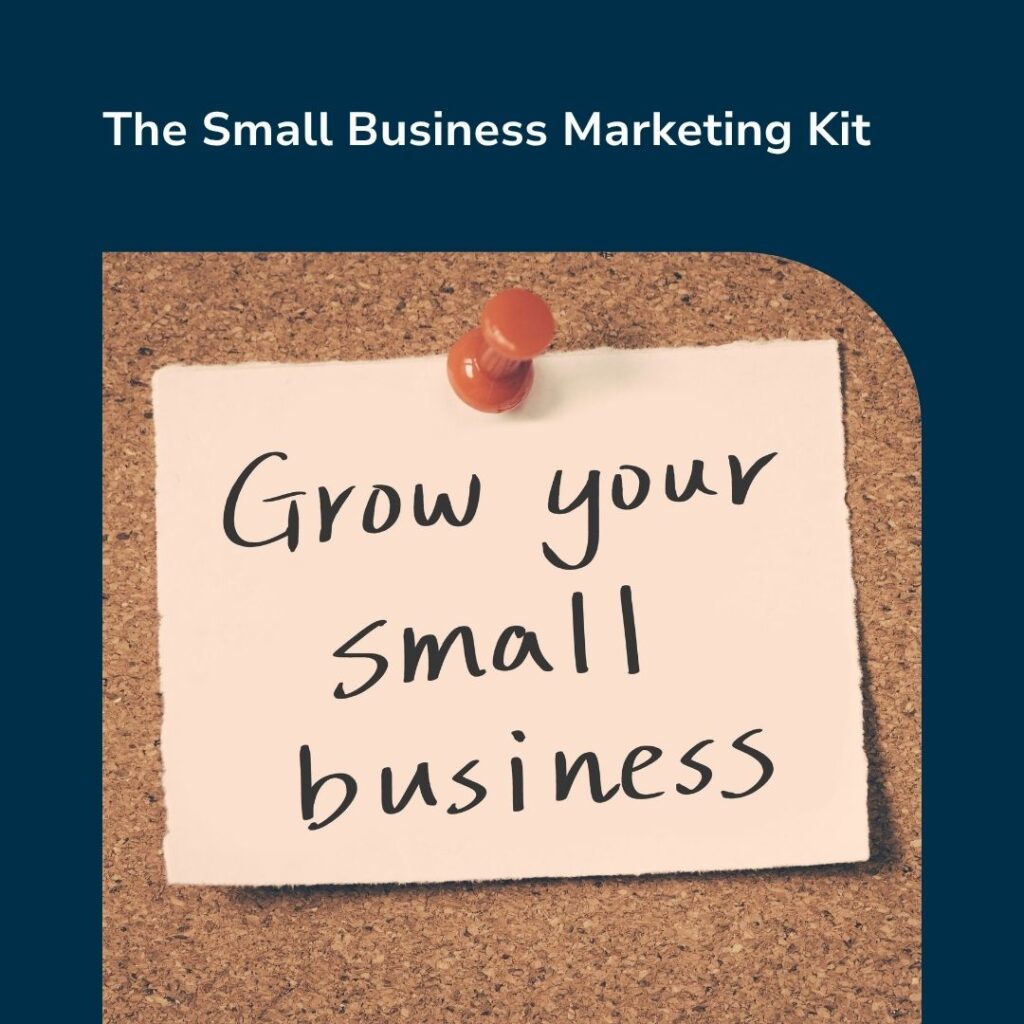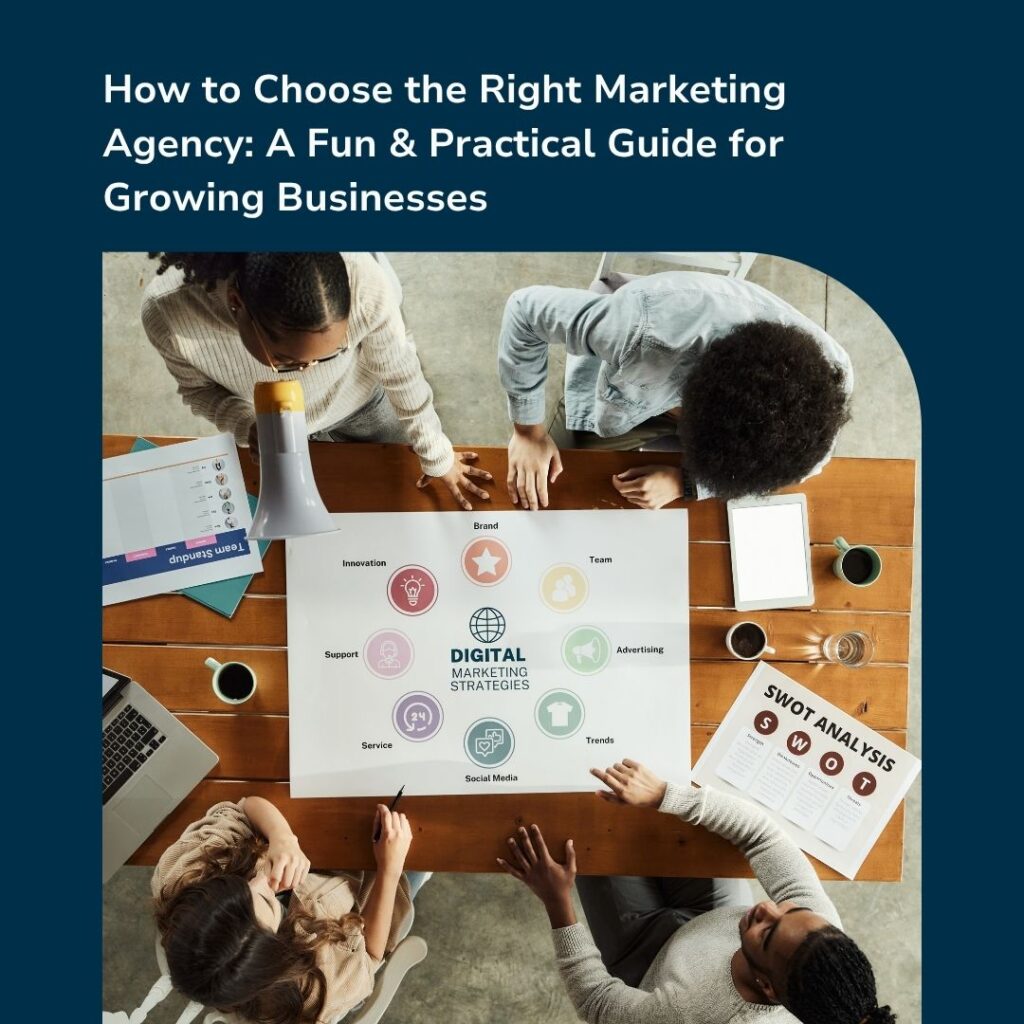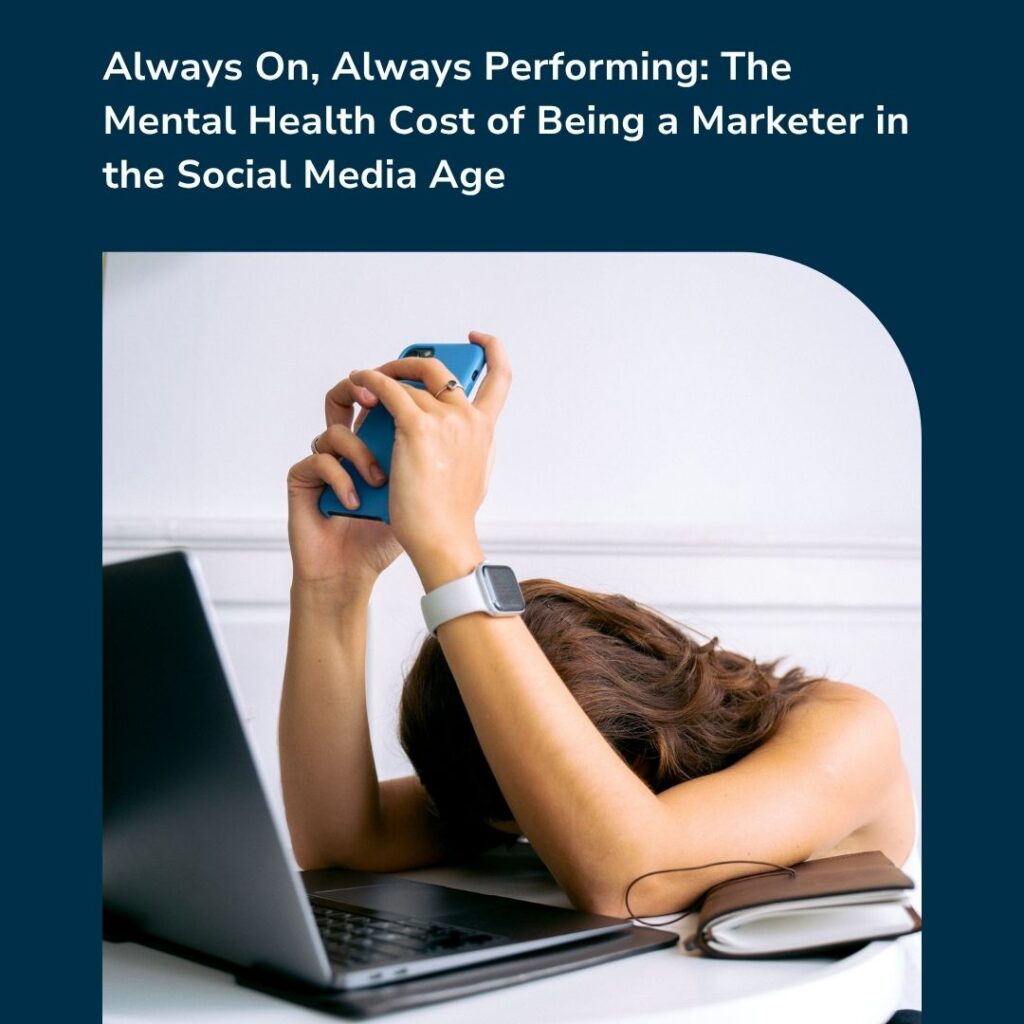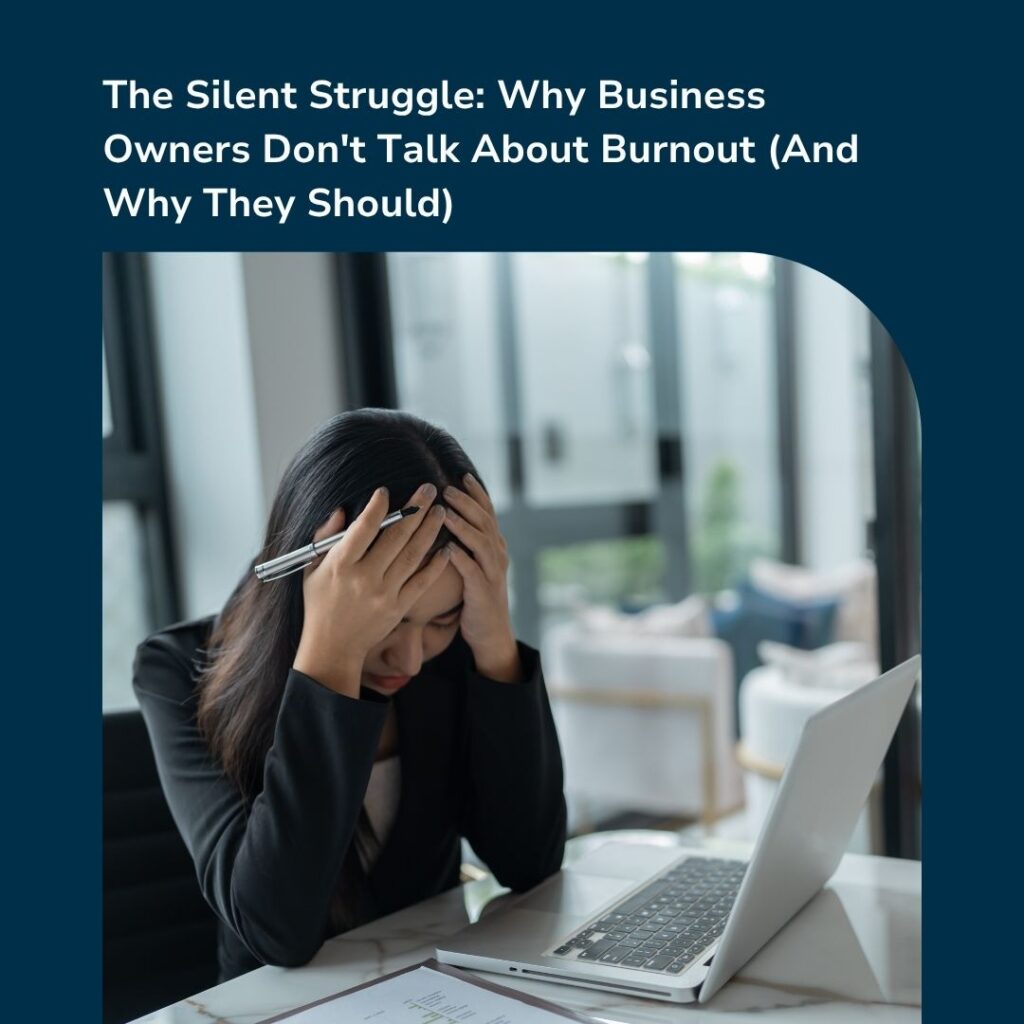Tags – Why You Should Blog
As a marketer, it’s no secret that you need to stay updated with new trends and adjust to the ever-changing digital marketing landscape.
However, one thing that has remained consistent over the years is blogging, but it has changed a lot in terms of strategy.
Unfortunately, a website alone cannot offer enough information, personality or authority to really stand out from the crowd, which is where a business blog can truly shine.
So today, a business blog acts like its own marketing channel, like social media or email marketing, that supports business growth.
Essentially, every time a new blog post is created and published, that means one more indexed page on your website, which means a chance for you to show up on the SERPs and drive organic traffic.
I explain the benefits of SEO in reason one of why your business needs a blog, but going back to strategy – blogging gives search engines, like Google, cues that your website is active and people should check in to see new content.
Ultimately, blogging will bring long term results. But if you’re still not convinced, here are 4 reasons why your business needs a blog.
1. Boost Your SEO
Following the ups and downs over the last 2 years, you’re probably more than aware of how important it is that your local community knows you are there and present, as well as what you are doing.
Basic credentials, such as location, opening hours, contact details are obvious bits of information needed for existing customers who are doing a quick Google search. But if you want to grow your business in 2022 and beyond, the reality is – you need a blog.
Basically, having an active, valuable and informative blog acts as a gateway to help new customers become acquainted with your brand and the products or services you have to offer, which can positively impact your SEO.
Broadly speaking, one of the most obvious ways that a blog can boost SEO is that you’re able to write blogs that rank your website for specific keywords. You cannot just simply keyword stuff on your website – that’s soo 2000’s.
Rather, keyword placement needs to be well considered in order to get your brand seen on query pages and climb the rankings.
For instance, let’s say you run a massage therapy business. There’s only so many times you can pack keywords like “self care during lockdown” or “the best essential oils for calming” on your homepage or other landing pages.
However, using these keywords and terms for your blog posts, whilst including external links from credible sources, will ensure you create rich content needed for Google and other search engines to determine your position.
2. Establish Yourself as an Expert
Blogs allow for in-depth explanations and gives you the chance to teach your target audience about what your products and services have to offer.
For example, you can explore specific benefits or provide easy-to-read “how to” guides. Whatever your industry, you can write blogs on industry updates or discuss new trends. The point is, your blog needs to educate and provide value.
And the more you’re able to produce content like this, the more you will be able gain authority in your field.
Plus, not only does this build up your knowledge bank, it breeds creativity: the deeper and more complex your blogs are, the more ideas you’re likely to generate.
If you’re still not sure where to begin, think about the common questions you get asked by your audience and turning these into blog posts. Here you can genuinely help your readers and give away your expert knowledge: having a “helping first” attitude will benefit you as you develop and build trust.
On the odd occasion, you’re more than welcome to share PR updates for your business or discuss current news in the industry, but don’t make this your focus. Evergreen content is much more effective, especially if you’re new to blogging.
3. Create New Sales Funnels
Having a website with no blog is like a car showroom without a salesperson – not ideal!
If you don’t have a blog, you’re losing money. It’s that simple.
Writing and publishing blogs will drive a steady flow of new customers to your website and should encourage them to browse through your other pages or sign up to a newsletter, which needs to be made clear with a concise call-to-action.
In other words, you need to tell your readers what steps to take next, and if you’ve written properly, they’ll remain engaged until the end and listen. We talk more in detail about call-to-actions in our previous blog here.
At the end of the day, your blog is like a salesperson for your website, working around the clock – 24/7, 365 days a year – providing your audience with valuable information to help them get one step closer to their buying decision.
4. Create an Endless Supply of Shareable Content
It’s 2021 and if your business is not on any social media platforms, the biggest question is why not?
I’m going to assume that you are (it’s only right), and these platforms are forever hungry for new, fresh content to show off and engage with online followers.
Whilst your blog will contain the real juicy meat for particular topics, all of your other platforms should act as magnets to get your stuff sold; to do this you need to feed the beast and that means, content.
And so, blog posts are like diamonds when it comes to creating content for other platforms. For instance, you can link your blog to posts which will drive your followers straight to your website. Or you can use specific quotes, screenshots or pictures from your blog to give your audience little snippets and bite-sized chunks of valuable information.
Simply put, your digital marketing strategy needs to present a similar message and familiar face across all your platforms, and dissecting your blog for social media is like killing two birds with one stone.
In addition, a well written blog can spread like wildfire on social media. If you have good content, people will want to stay in touch, which gives you the opportunity to grow your following on different platforms.
Then, through these platforms you can develop a complementary channel to engage with your audience, encouraging them to share your content with their own personal networks, expanding your reach.
It’s worth noting here, make sure you have social media buttons at the end of your blog so your readers can easily find your pages.
The Bottom Line
The importance of blogging, no matter the size of your business, should not be underestimated under the present online marketing circumstances.
Even with emerging new technology and softwares that can support your online visibility, blogging will always bring undeniable value for your brand.
Yes, creating and maintaining a blog will require time and effort – which is why a lot of small businesses fall behind in this area – but it’s definitely worth the investment to grow your business in its early stages.
Whatever your needs are, creating informative, educational and interesting blogs are an essential tool for generating a stream of website traffic, growing your audience and gaining new leads.
Please get in touch to find out more.
In the meantime, take a look at our SEO services.
On a related subject, if you would like more of your content to show up in Google searches, you should learn so by checking our video below:
You may also like:









